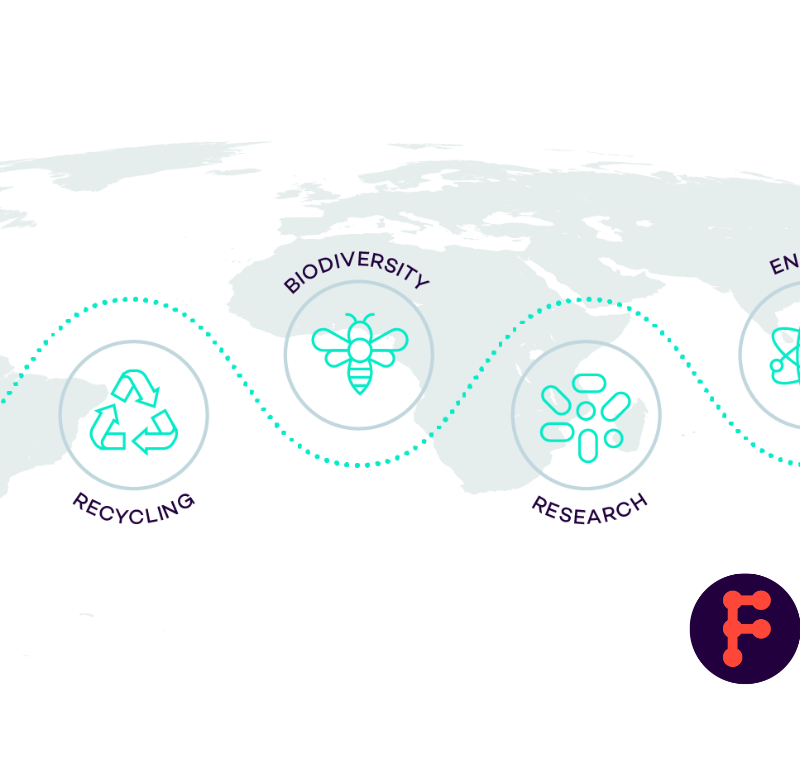Three top editors on the changing nature of the job
As three leading editors, Gina Johnson, editorial director, Motivate Publishing, UAE, Mark Frith, editor Radio Times, UK, and Olivier Royant, editor Paris Match, France, confirmed in a panel discussion at the recent FIPP World Congress, the modern editor faces many challenges, but there are great rewards too. They were interviewed by Barry McIlheney, CEO and President of the PPA in the UK.
Big thanks to our panel @ginacpjohnson, Mark Frith and @OlivierRoyant in conversation with @barrymcilheney. ?? #FIPPCongress pic.twitter.com/mUGOyhB00c
— PPA (@PPA_Live) October 11, 2017
Here is a condensed transcript of the discussion.
Barry McIlheney – Introduce yourselves, tell us about you and your roles?
Olivier Royant – Paris Match was created in 1949, and aimed to be like Time Magazine in the US. The latest issue sold 750k copies. We are exploring new areas, new business new opportunities and connecting with a brand new audience. The work we do with Snapchat and its Discover format and our weekly print editions are the two extremes of our business
Mark Frith – Radio Times is UK institution. It started 94 years ago as a magazine that told you whan radio shows were on. In 92 it went beyond the BBC and covered other channels. We sell 700k per week. TV is growing, and as the TV listing world becomes more confusing we try to make sense of it.
Gina Johnson – Motivate was the first magazine published in the UAE – around 35 years ago. The company now has 20 print titles. Our business has diversified and we have a contract publishing division, publish books, run a cinema and an events business.
Barry McIlheney – What would you say has been the biggest single change in the role of editor in recent times?
Olivier Royant – I would use a food analogy. For 60 years Paris Match has been creating the big paella in the guise of the print magazine. In last three or four years we are now feeding the readers with tapas all day long. Different editors have to work on different platforms. We have to tailor the content for video, radio, podcasts and online. The paella still exists, but we have a 24 hour news cycle. We are constantly dealing with major stories that demand to be covered on a minute by minute basis like Barcelona and Las Vegas.
The editor has to be on top of the story ensuring it is constantly refreshed.
Mark Frith – The symbol of my early days of editing was the flatplan. It was a physical thing, a piece of A3 paper that you wrote on when you wanted changes. The symbol of my life as an editor now is an app called Chart Beat that moves around and shows whether content is working in real time.
Gina Johnson – Our business model is based on ad revenue. The editor is an important facet, a key brand ambassador. Sure editors need to generate ideas and lead the publication, but they also need to be a figurehead too. High class journalism is still important but the contemporary editor has to be so many other things.
Barry McIlheney – So what specifically does the editor do?
Olivier Royant – We have to get an overview of what is happening – how to respond to breaking news. For example, you might need to get one person on Twitter, another checking facts, the next reporter writing the big story for the next edition, and so on. The editor has to give direction to everyone and they have to understand the language of each platform.
Barry McIlheney – Do you oversee everything?
Olivier Royant – Nope, I must say I don’t see everything, not on our website. There are 100 people in our team generating a lot of content.
Mark Frith – I still see everything apart from the listings. It is about preserving the brand values of what we do. There are a lot of TV listing mags, but not like Radio Times with its quality high journalistic values. My role is to ensure that we are seen in a premium way – maintaining brand values through everything
Gina Johnson – Interestingly I have less team members across 20 magazines than they have on their magazines. Sixty staff on 20 magazines you need to be adept at moving between different requirements for the role.
Question from the floor – Do the same chefs make both the paella and tapas (work on print and online)?
Olivier Royant – The chef cannot be the same. I would say that the wording is very different for each platforms. Mobile devices, need brain eyes and fingers. In some instances you need young talent to execute it. That’s why we went for the extreme project that is Discover. We have to be creative and explore new trends, that is our trademark.
Question from the floor – You have talked about contract publishing. Can brands not tell their own story?
Gina Johnson – I think it is a great opportunity for publishers to claw out new revenues streams. As publishers as we are at the heart of exceptional storytelling and that’s very attractive to brands. The most successful piece of content that we created was a collaboration between our biggest website and a niche yachting brand. We positioned the content and said it was the ‘Uber of yacht booking.’ Within a couple of hours of that content going live they were seeing bookings. Other media then ran it as authentic story content.
@RadioTimes Mark Frith: role of editor is to preserve the brand values of Radio Times – quality journalism #fippcongress pic.twitter.com/fux7elxPor
— Immediate Media Co (@immediate_media) October 11, 2017
Question from the floor – How do you handle the branded content?
Mark Frith – Immediate Media, who owns Radio Times, are experts at this. We partner with brands, because they come to us. If we can produce content that benefits both parties, the brand and the reader, we know we have done a good job.
Question from the floor – Do you think longform journalism has a space going forward?
Olivier Royant – It is important to have have in depth content and focus resources on original long stories. It is one way for the magazine weekly to differentiate itself.
Barry McIlheney – What advice would you give fellow publishers?
Gina Johnson – Listening to people outside of our industry is important. We can be very introspective as an industry. Sometimes good advice can come from unexpected places.
Mark Frith – Take your brand values to different iterations.
Olivier Royant – The word truth. The big challenge is to remain a beacon of truth and fairness.
More like this
How reporting the truth can transcend turbulent political times
How Hearst UK repackages content across platforms
Creating content for the voice activated world
How brands can tap into passions – findings of award-winning Time Inc. UK’s study







